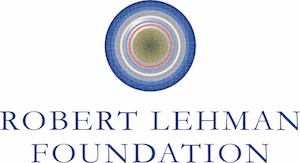Jace Clayton, "Underdog Sonics & Uncivil Spaces"
Tuesday, February 4, 2020, 7 - 8:30pm

As part of the Spring 2020 Intra-Disciplinary Seminar series, Jace Clayton delivers a free, public lecture exploring how sound inflects and articulates our sense of shared political space. Using the examples of trap bass (Cardi B, 808s), white noise (air conditioners, hi-hats), and acid house, Clayton will examine how the underconsidered yet extraordinary phenomenological powers of sound offer fresh ways to think about (and sweat together through) our present global mess.
Jace Clayton is an artist and writer based in Manhattan, also known for his work as DJ /rupture. Clayton uses an interdisciplinary approach to focus on how sound, memory, and public space interact, with an emphasis on low-income communities and non-Western geographies. His book Uproot: Travels in 21st Century Music and Digital Culture was recently published by Farrar, Straus and Giroux.
The Spring 2020 IDS Lecture Series at The Cooper Union is organized by Leslie Hewitt and Omar Berrada. The IDS Public Lecture Series is part of the Robert Lehman Visiting Artist Program at The Cooper Union. We are grateful for major funding and support from the Robert Lehman Foundation for the series.

Located in the Frederick P. Rose Auditorium, at 41 Cooper Square (on Third Avenue between 6th and 7th Streets)




